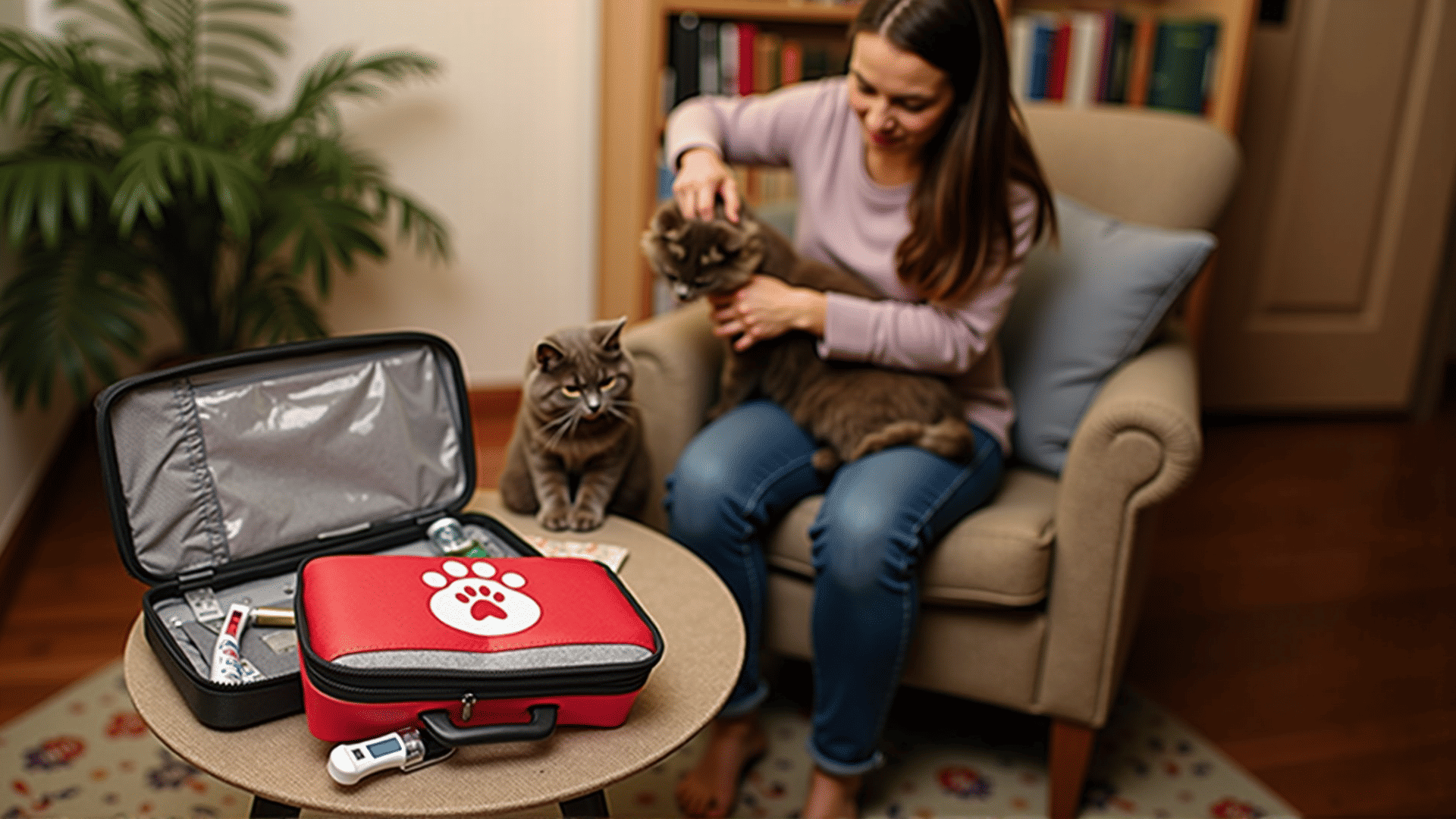Caring for a feline companion involves more than providing food and a comfortable environment; it requires attentiveness to your cat's well-being. By identifying early health concerns, you can ensure that your cat receives the care they need. Recognizing subtle changes in behavior, appearance, or habits is crucial in maintaining their health.
Behavioral Changes
One of the first indicators of potential health issues in cats can be a shift in behavior. A usually social cat might suddenly become withdrawn or aggressive, which can signal discomfort or pain. Similarly, if your cat is excessively vocal, it might indicate distress or anxiety. On the other hand, a typically active cat that becomes lethargic may also require attention. Always observe these changes as they may warrant further investigation.
Appetite and Weight Fluctuations
A noticeable change in your cat’s eating habits can indicate an underlying problem. A loss of appetite or a sudden increase in hunger could be signs of dental issues, gastrointestinal problems, or hormonal imbalances. Additionally, unexplained weight loss or gain is a red flag and should prompt a visit to a professional. Regular monitoring of your cat’s food intake and weight ensures early detection of potential health issues.
Grooming and Coat Condition
Cats are meticulous groomers, and any deviation from this routine can be telling. A cat that stops grooming might be experiencing pain or stress, while over-grooming can be a response to skin irritations or allergies. Check your cat's coat regularly for bald patches, dandruff, or changes in texture, as these could indicate dermatological or nutritional issues.
Litter Box Habits
Changes in litter box behavior can provide insights into your cat’s health. Straining to urinate, frequent trips to the box without producing much, or accidents outside the box can indicate urinary tract infections or obstructions. Additionally, diarrhea or constipation should not be ignored, as they can be symptoms of dietary issues or more serious conditions. Keeping track of your cat's litter box habits will help spot irregularities early.
Respiratory and Nasal Issues
Be attentive to any changes in your cat’s breathing patterns. Wheezing, coughing, or labored breathing can signal respiratory conditions that require attention. A persistent runny nose or discharge around the eyes may indicate an infection or allergy. Ensuring good air quality and minimizing allergens in the home environment can aid in preventing these issues.
Regular Check-ups and Preventative Care
Alongside monitoring your cat’s health at home, routine check-ups are essential. A scheduled visit to a professional helps in detecting any potential issues before they become serious. Vaccinations, dental check-ups, and screenings for parasites form part of preventive care that supports your cat's overall health.
In conclusion, by staying vigilant and aware of subtle changes in your cat's behavior and physical condition, you can ensure that they lead a healthy and happy life. Early detection of potential health issues is key, and seeking professional advice when needed will provide your feline friend with the best care possible.
